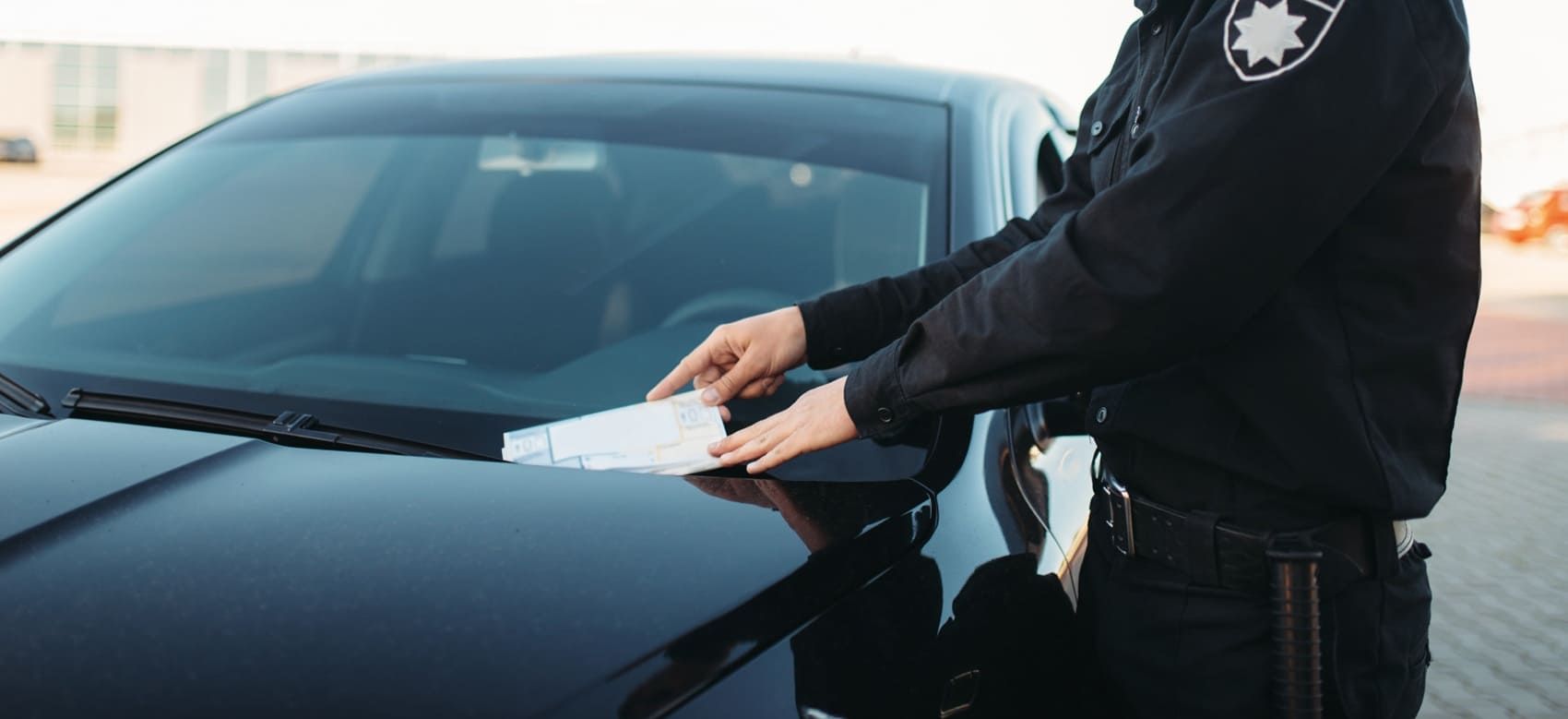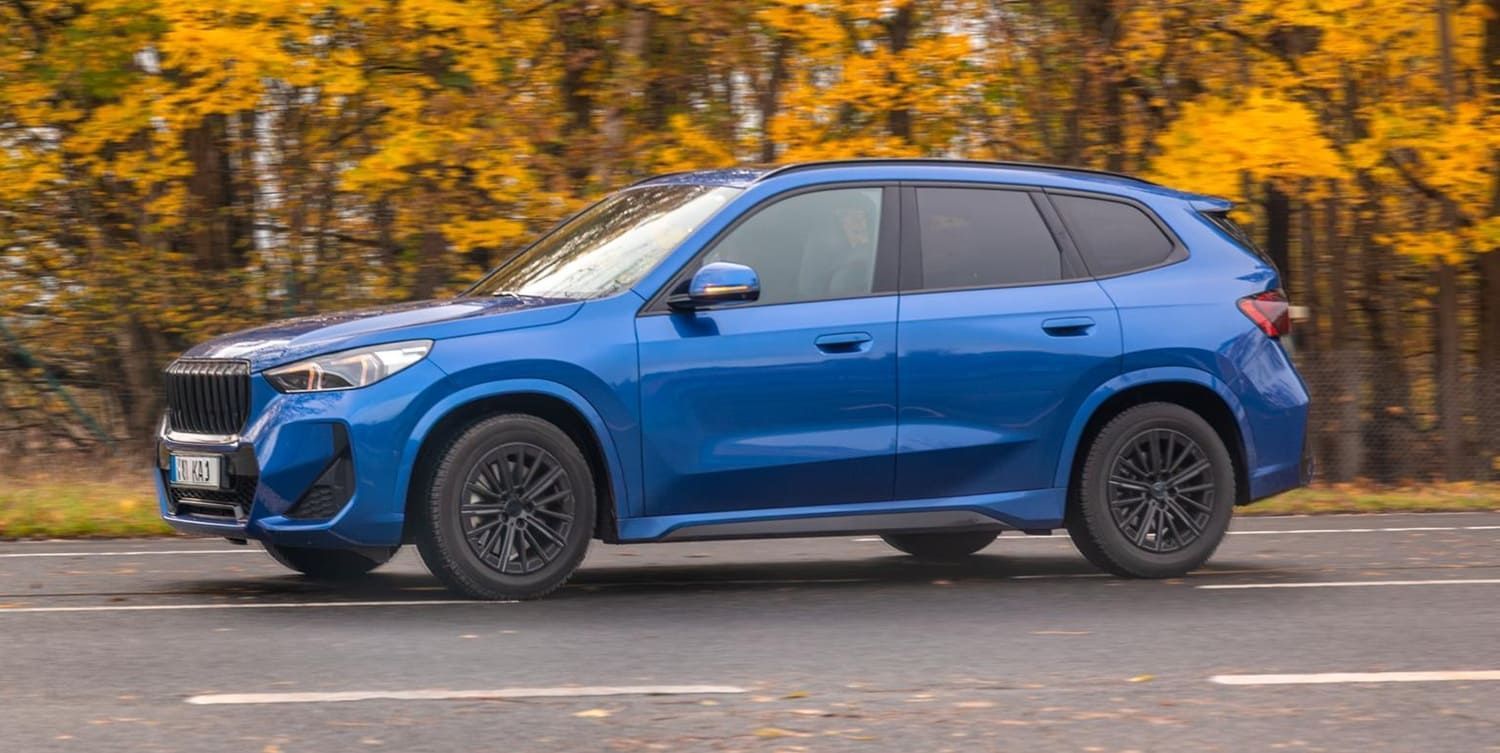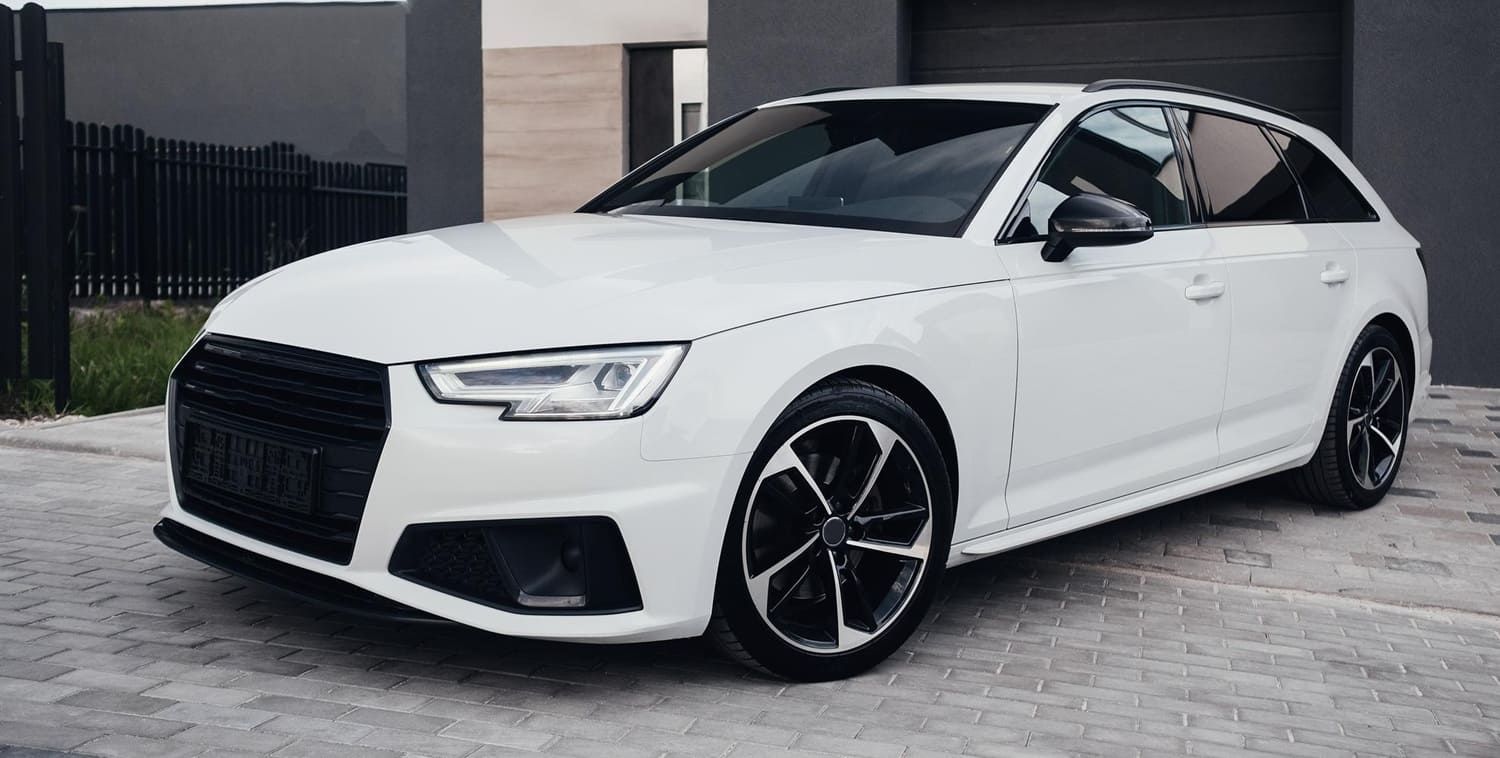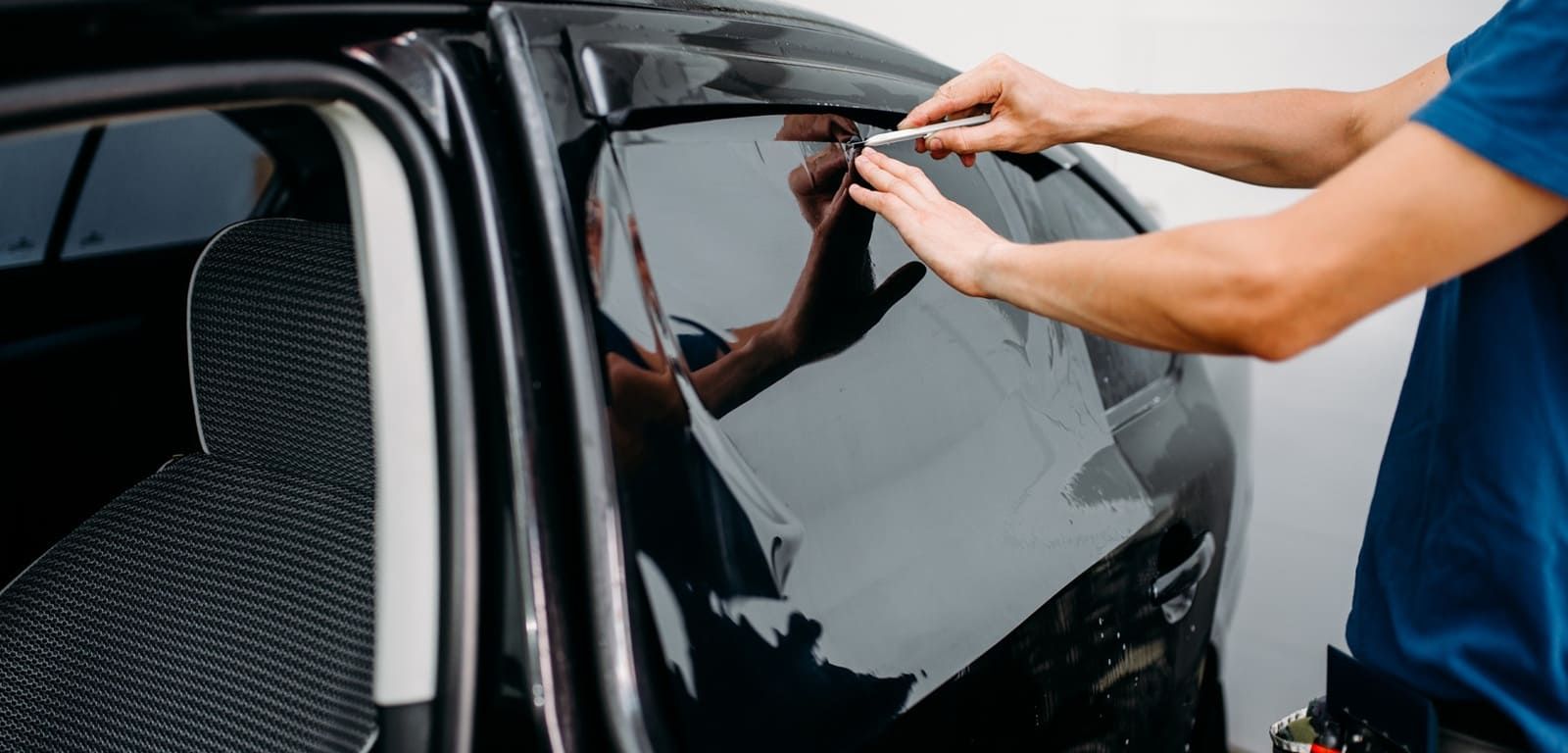Is Your Current Tint Legal? How to Check Fast
Keeping your vehicle's window tint within legal limits is essential to avoid fines and ensure safety. The laws governing window tints can vary significantly from state to state, making it a challenge for vehicle owners to stay compliant. Additionally, with frequent updates and changes, staying informed about the latest regulations is crucial. This guide will help you quickly determine if your tint is legal, focusing on South Carolina window tint laws for 2025, and address common questions like whether any recent presidential administration changes affected tint laws.
Window tint laws are regulations that dictate how dark or reflective your vehicle's windows can be. These laws are primarily enforced for safety reasons, ensuring that drivers have adequate visibility and that law enforcement can see inside the vehicle if necessary. Different states have different standards, and these can be influenced by various factors, including climate, security concerns, and local traffic conditions.
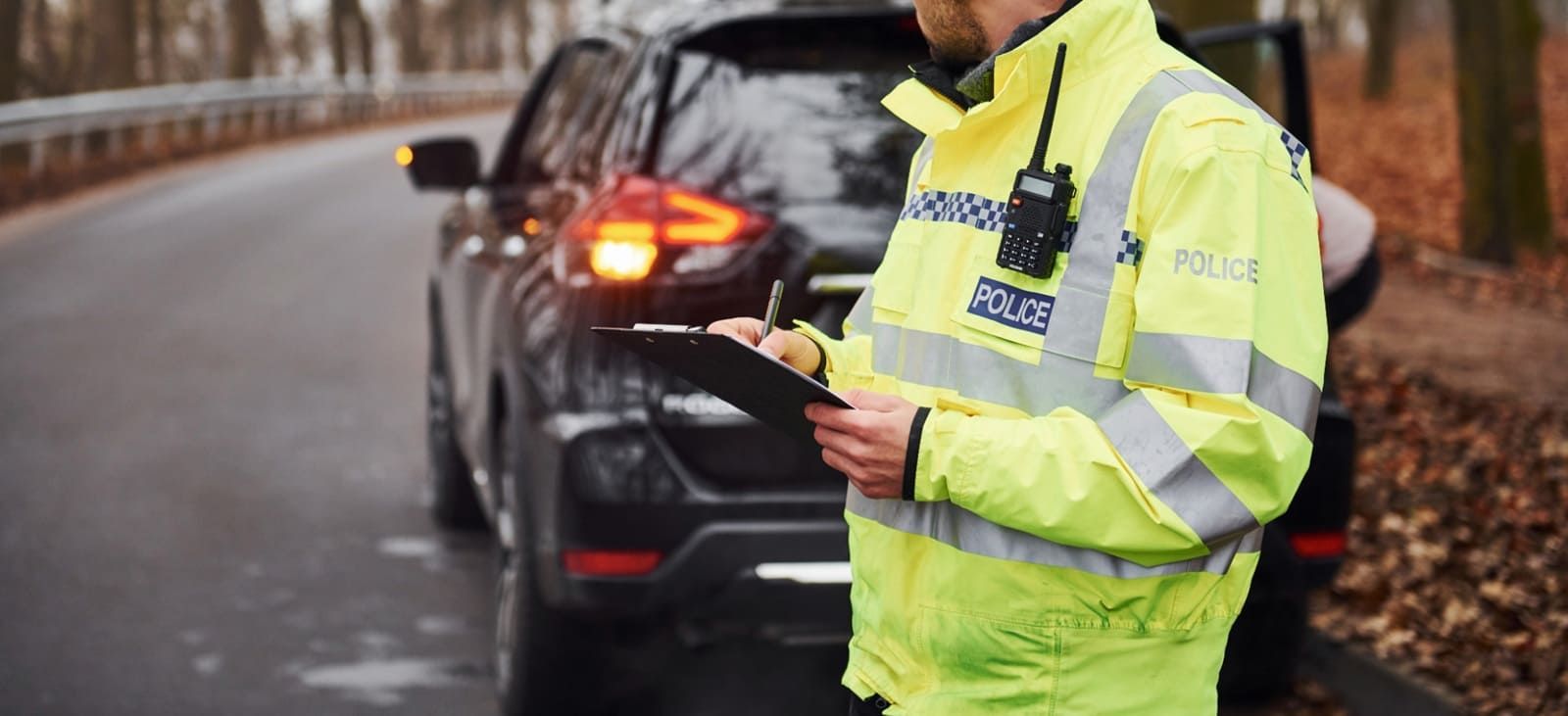
The Importance of Legal Window Tint
Legal window tinting is crucial for several reasons:
- Safety: Proper visibility is essential for safe driving, especially at night or in poor weather conditions. A legal tint ensures that you have a clear view of the road and other vehicles, reducing the risk of accidents.
- Law Enforcement: Officers need to see inside vehicles during traffic stops for their safety and yours. A compliant tint allows law enforcement to observe the vehicle's interior, which can be a critical factor in their assessment of a situation.
- Avoiding Fines: Non-compliance with tint laws can lead to fines, requiring you to remove or adjust your tint, which can be costly. In some cases, persistent non-compliance can lead to more severe penalties, including points on your driving record or increased insurance premiums.
South Carolina Window Tint Law 2025
South Carolina has specific regulations regarding window tinting, and these are subject to change, so it's essential to stay updated. The state's climate and the need for clear visibility on rural roads play a significant role in shaping these laws. As of 2025, here's what you need to know about the state's tint laws:
Windshield Tinting
- Allowed Tint: Non-reflective tint is allowed above the manufacturer's AS-1 line. This restriction ensures that the driver's line of sight is unobstructed, which is crucial for identifying road hazards and traffic signals.
- Visibility: The tint must not impede visibility, especially crucial for night driving. At night, even a slight obstruction can significantly affect the driver's ability to perceive their surroundings.
Front Side Windows
- VLT (Visible Light Transmission): Must allow more than 27% of light in. This means that the tint can block up to 73% of light. This regulation helps maintain a balance between privacy and visibility, ensuring drivers can still see pedestrians and other vehicles.
Back Side Windows and Rear Window
- VLT: Must allow more than 27% of light in, similar to front side windows. This consistency in regulations ensures uniformity across the vehicle, which simplifies enforcement and compliance.
Reflectivity and Other Restrictions
- Reflective Tint: South Carolina law prohibits using metallic or mirrored appearance tints. Reflective tints can cause glare, posing a hazard to other drivers.
- Color Restrictions: No specific color restrictions are outlined, but the tint should not impede visibility. It's important to choose a tint that doesn't alter the natural color perception, which could be distracting.
Did Recent Presidential Actions Impact Tint Laws?
A common question is whether former President Donald Trump made window tint legal or changed existing laws. It's important to clarify that window tint laws are state-specific, not federal. Therefore, presidential administrations, including Trump's, typically do not directly impact window tint regulations. The federal government may set certain guidelines for manufacturers, but the enforcement and specifics of tint laws remain under state jurisdiction.
While there may be federal guidelines for vehicle manufacturers, state governments set and enforce tint laws. Thus, any changes to tint legality would come from state legislation, not federal. Vehicle owners should keep an eye on state legislative sessions and announcements to stay informed about any changes that may affect their compliance.
How to Quickly Check If Your Tint Is Legal
Ensuring your window tint complies with local laws is straightforward if you follow these steps. Being proactive in checking your tint can save you time and money in the long run, preventing fines and the inconvenience of re-tinting.
1. Measure Your Tint's VLT
Visible Light Transmission (VLT) is the percentage of light that passes through your window. You can measure this using a tint meter, a device that quickly determines your tint's VLT.
- Purchase a Tint Meter: These are available online and in some automotive stores. Investing in a tint meter can be a cost-effective solution, especially if you frequently alter your vehicle's tint.
- Follow Instructions: Place the device on your window, and it will display the VLT percentage. It's important to measure each window separately, as variations can occur during the tinting process.
2. Compare With State Laws
Once you have your VLT measurement, compare it to your state's legal requirements. For South Carolina, remember the 27% VLT rule for side and rear windows. Keeping a copy of your state's tint laws in your vehicle can be helpful if you need to verify compliance quickly.
3. Consult a Professional
If you're unsure or want a more accurate assessment, consider visiting a professional tinting service. They can measure your tint and advise on legal compliance. Professionals are also well-versed in state laws and can offer insights into any recent changes or nuances.
4. Check for Reflectivity
Ensure your tint is not reflective beyond what is allowed by your state's laws. A professional can help determine if your tint has a metallic appearance. Reflective tints can be more challenging to assess without specialized equipment, making professional consultation valuable.

Finding Legal Window Tinting Near You
If you need to adjust your tint to comply with the law, finding a reputable service is crucial. Choosing the right service can ensure that your tint not only complies with legal standards but also meets your personal preferences for aesthetics and functionality.
Use Online Resources
- Google Search: Use search terms like "legal window tinting near me" or "window tint law compliance" to find local services. Online directories and maps can provide a comprehensive list of nearby options.
- Read Reviews: Check reviews on Google, Yelp, or other platforms to ensure the quality of the service. Look for feedback on both the quality of the tint and the service's knowledge of local laws.
Ask for Recommendations
- Friends and Family: Personal recommendations can be valuable. They offer firsthand accounts of the service quality and compliance with the law.
- Local Forums: Community forums or social media groups can be excellent resources for local business recommendations. Engaging with local communities can also provide insights into any regional quirks or enforcement tendencies.
Verify Compliance
- Ask About Compliance: Ensure the shop understands and complies with South Carolina's tint laws or those of your state. A knowledgeable shop will be able to explain the regulations and how their services align with them.
- Request a Guarantee: Some shops offer guarantees that their tint will pass legal inspections, providing peace of mind. This assurance can be particularly valuable if you're concerned about potential changes in the law.
Conclusion
Checking if your window tint is legal is a vital part of vehicle maintenance. With varying laws by state, it's crucial to stay informed and ensure your tint complies with local regulations. By measuring your tint, consulting professionals, and choosing reputable services, you can enjoy the benefits of tinted windows without the risk of fines or safety issues. Staying proactive about compliance helps avoid surprises during routine checks or vehicle inspections.
Stay informed, drive safely, and ensure your window tint is within legal limits for a hassle-free driving experience. Regularly reviewing state laws and consulting with professionals can help you maintain compliance and enjoy the aesthetic and functional benefits of window tinting.
Latitude 33 Window Tint — the best window tinting installers near you serving West Columbia, SC. Contact us today for a free estimate.
FAQs About Checking If Your Window Tint Is Legal
How can I quickly check if my window tint is legal?
The fastest way is to use a tint meter, a device that measures Visible Light Transmission (VLT) and confirms compliance with your state’s laws.
What is VLT in window tint laws?
VLT, or Visible Light Transmission, is the percentage of visible light allowed through the glass and film. Lower percentages mean darker tint.
Do all states have the same tint laws?
No, tint laws vary widely by state, with different VLT limits for front, rear, and windshield windows.
Can I tell if my tint is legal just by looking at it?
No, appearances can be misleading. Even tints that look light may fall below legal limits without testing.
Where can I get my tint tested for legality?
Many auto shops, tint installers, and some law enforcement agencies have tint meters to test your car.
Are windshield tints subject to stricter rules?
Yes, most states allow only a clear UV-blocking film or a strip along the top of the windshield.
Do SUVs and trucks follow the same tint laws as sedans?
Not always. Some states allow darker tint on rear windows of SUVs and trucks compared to passenger cars.
Can I check my state’s tint laws online?
Yes, state DMV or Department of Transportation websites provide official tint law information.
What happens if my tint is too dark?
You may receive a ticket, fine, or be required to remove the tint to comply with regulations.
Does ceramic tint affect legality differently than dyed tint?
No, legality is based on VLT percentage, not film type, so both must follow the same rules.
Can medical exemptions allow darker tint?
Yes, many states issue medical waivers that permit darker tint if you have certain health conditions.
Do reflective or mirrored tints have separate laws?
Yes, some states restrict how reflective tint can be, even if it meets VLT standards.
Will law enforcement always check my tint?
Not always, but officers may stop vehicles if the tint looks darker than allowed.
Can factory-tinted windows still be illegal?
Yes, aftermarket films added on top of factory tint can push VLT below legal limits.
Do tint laws change over time?
Yes, states may update tint regulations, so checking the latest rules is important.
How do I avoid legal trouble with my tint?
Choose a professional installer who knows your state’s laws and can match films to legal VLT levels.
Does tint legality affect resale value?
Yes, illegal tint may reduce resale value if buyers must pay to remove or replace it.
Can out-of-state drivers be ticketed for tint?
Yes, you must follow the laws of the state you are driving in, not just your home state.
What’s the simplest way to ensure my tint is legal?
Have a professional installer or auto shop measure your tint with a meter and compare it to your state’s VLT limits.

